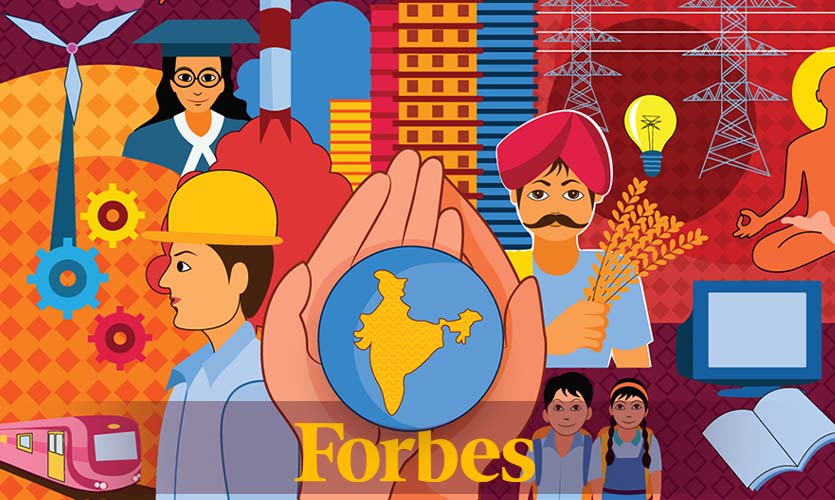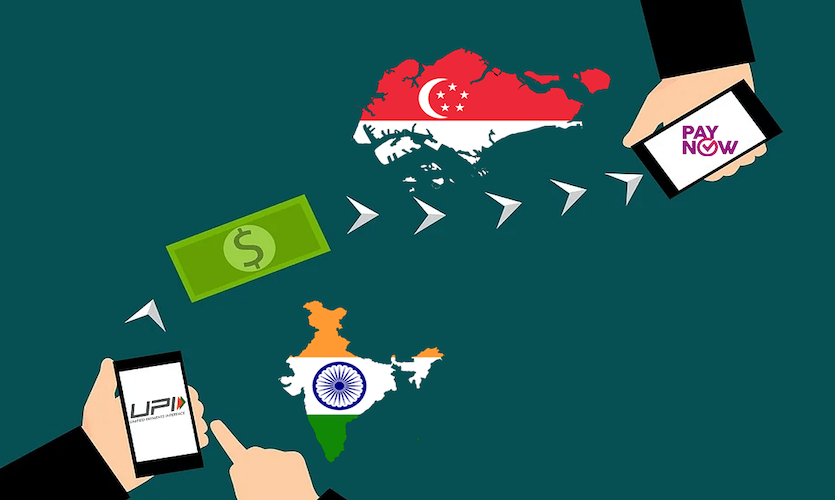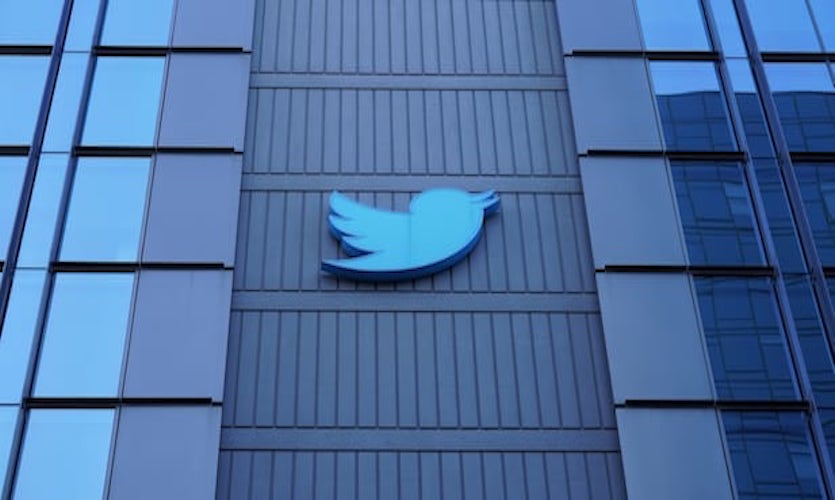India’s economy has expanded dramatically after the COVID-19 pandemic, surpassing the UK to rank fifth in the world, with huge credit due to few of the richest business tycoons in the world.
The most prominent name on Forbes World’s Billionaires list is that of Gautam Adani, who has surpassed Amazon founder Jeff Bezos to become the world’s second wealthiest person, after Elon Musk.
Adani’s growth trajectory and his contribution to the Indian economy altered after 2008. His net worth is $147 billion, second just to Tesla CEO Elon Musk who has a net worth of $264 billion. The investment Gautam Adani plans to make over the next ten years will amount to $100 billion, of which 70 percent will be set aside for renewable energy.
The owner of the Adani Group owns the largest port in India – Gujarat’s Mundra – worth Rs 1,211,460.11 crores. There are several sectors in which the group operates, including renewable energy, ports, telecoms, cement, and media. With the acquisition of Ambuja Cements & ACC Ltd, the Adani Group has become the second-largest cement manufacturer in the country. Following a deal with Swiss company Holcim and an open offer, they completed the acquisition through their special purpose vehicle Endeavour Trade and Investment Ltd.
This is Adani’s largest acquisition, and also India’s largest merger and acquisition transaction in the infrastructure and materials space, as Holcim’s stake and open offer consideration of $6.50 billion make it the largest deal it has ever completed. Upon closing, Adani will own 63.15 percent of Ambuja Cements and 56.69 percent of ACC, of which 50.05 percent will be owned by Ambuja Cements.
Stock market performance in India was significantly impacted by a lower rupee, which dropped 10 percent over a year ago. Although India’s top 100 earners have a combined wealth of $800 billion, their wealth has increased by $25 billion.
The chairman and managing director of Reliance Industries, Mukesh Ambani, ranks second on the list of richest Indians. Currently, he has an estimated net worth of $88 billion, a 5 percent decline from 2021. Estimates indicate that Mukesh Ambani and Gautam Adani are responsible for 30 percent of the nation’s riches. In 2016, Reliance launched the 4G phone and broadband service Jio, sparking a telecom price war. There are over 420 million subscribers today, and 5G services are about to be launched. Ambani raised more than $20 billion from investors, including Facebook and Google, during the COVID-19 lockdown. As part of Ambani’s green energy pivot, Reliance is focused on renewable energy, and is planning to build a new refinery complex over the next 10-15 years.
Radhakishan Damani, proprietor of the DMart chain of stores, ranks third on India’s list. As a result of the March 2017 IPO of his supermarket chain Avenue Supermarts, the veteran Mumbai investor became the retail king of India. With just one store in suburban Mumbai, Damani had entered the retail industry in 2002. There are currently 271 DMart stores across India owned by his company. Damani owns stakes in a variety of companies, including tobacco company VST industries and cement company India Cements. The Radisson Blu Resort in Alibaug is one of the most popular beachfront getaways near Mumbai in his portfolio. Damani’s net worth stands at $27.6 billion.
Following him is Cyrus Poonawalla of the Serum Institute of India. Poonawalla founded the SII in 1966, and made it the largest vaccine manufacturer in the world (by doses). Over 1.5 billion vaccine doses are produced by SII each year, including vaccines against measles, polio, and influenza. He invested $800 million in building a new factory for making COVID-19 vaccines under the leadership of his UK-educated son Adar, Serum’s CEO. Covishield, the vaccine developed by AstraZeneca and Oxford University, is produced by SII through multiple partnerships. An important asset of Poonawalla is its majority stake in Poonawalla Fincorp, a publicly traded financial services company. Poonawalla holds a net worth of $21.5 billion.
OP Jindal Group chairperson Savitri Jindal has been named Forbes magazine’s richest Indian woman. She is the only female billionaire in the country with a net worth of $16.4 billion. Savitri Jindal is the widow of Om Prakash Jindal, who founded the Jindal Group, which has its footing in steel, power, cement, and infrastructure. In 2005, OP Jindal was killed in a helicopter crash, leaving behind four sons who now run the company independently. Sajjan Jindal, whose company JSW Steel is among the biggest assets of the group, oversees many of the group’s other assets. Jindal’s younger, Delhi-based son Naveen, manages Jindal Steel & Power.
Vijay Shekhar Sharma, whose shares of Paytm parent company One97 Communications dropped amid the global IT meltdown, is one of the significant losers on the list. The $1.9 billion cutoff for the top 100 was roughly identical to the $1.94 billion barrier from the previous year.
Read more: India Stands Out While Major Nations Face Economic Downturn









